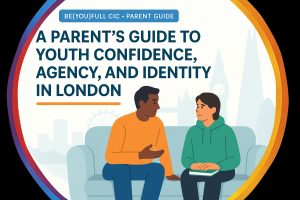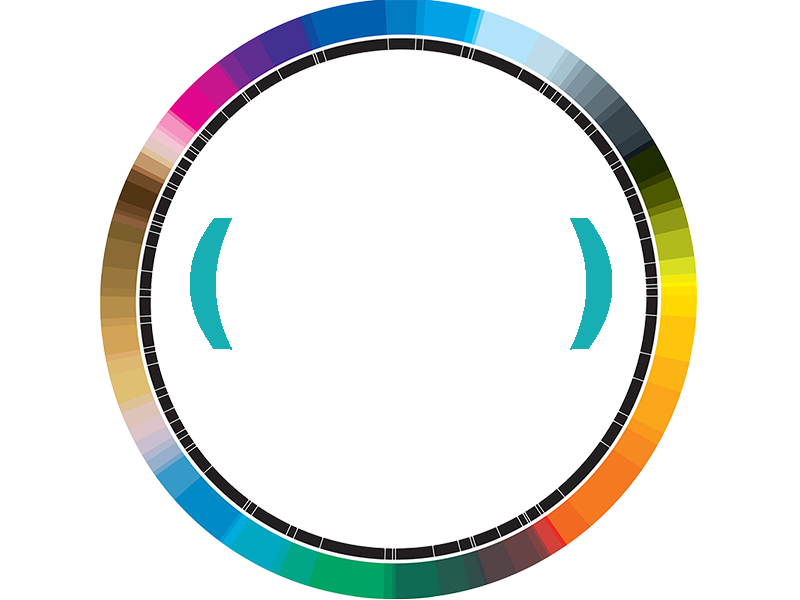How to Make Better Decisions
- By BE.YOU.FULL
- In Blog

Making better decisions is a skill that can be cultivated over time. By defining your values, gathering information, trusting your intuition, and reflecting on past experiences, you can enhance your decision-making process. Life is a series of choices, and each one is an opportunity for growth. Embrace the journey of decision-making and remember that you have the power to shape your own path. Be you, be full, and make decisions that resonate with who you truly are!
In a world overflowing with choices, the ability to make informed and effective decisions is more crucial than ever. Whether it’s about your career path, personal relationships, or daily life choices, the decisions we make shape our reality. Here are some practical strategies to help you navigate the decision-making process with confidence and clarity.
1. Define Your Values and Goals
Before diving into any decision, take a moment to reflect on your core values and long-term goals. What truly matters to you? Understanding your priorities provides a solid foundation for making choices that align with your authentic self. Write down your values and goals having a sharp vision will guide you when faced with options.
2. Gather Information
Knowledge is power. Research your options thoroughly before deciding. This means not only gathering facts but also seeking diverse perspectives. Speak to people who have faced similar choices, read articles, or consult experts. The more informed you are, the better equipped you’ll be to make a sound decision.
3. Consider the Consequences
Think about the potential outcomes of your decision. What are the short-term and long-term impacts? Visualizing the consequences can help you weigh the pros and cons more effectively. Create a simple chart that outlines the possible outcomes of each option to visualize your choices clearly.
4. Trust Your Intuition
While data and logic are essential, don’t underestimate the power of your intuition. Sometimes, your gut feeling can provide insight that logic may overlook. Pay attention to your emotional responses to diverse options. Are you excited about a choice, or does it fill you with dread? Trusting your instincts can lead you toward decisions that feel right for you.
5. Limit Your Options
Having too many choices can lead to paralysis by analysis. Narrow your options down to a manageable number. Focus on the few alternatives that align best with your values and goals. This simplification can reduce overwhelm and make the decision-making process feel less daunting.
6. Set a Time Limit
Indecision can be a decision in itself. To avoid getting stuck, set a deadline for making your choice. This encourages you to be proactive and helps prevent overthinking. Remember, no decision is set in stone; you can always adjust your course later if needed.
7. Reflecting on Past Decisions
Look back at previous decisions you’ve made. What worked well? What didn’t? Learning from your experiences can provide valuable insights and help you recognize patterns in your decision-making process. This reflection enables you to approach future choices with greater wisdom.
8. Seek Support
Sometimes, discussing your options with trusted friends or family can provide clarity. They may offer perspectives you hadn’t considered or help you see the bigger picture. Don’t hesitate to lean on your support network they can be a sounding board for your thoughts.
9. Practice Self-Compassion
Remember, no one is perfect, and every decision comes with some level of uncertainty. Be kind to yourself, regardless of the outcome. If things don’t go as planned, view it as an opportunity to learn and grow rather than a failure. Embracing self-compassion will empower you to make future decisions with more confidence.
How to Make Better Decisions - FAQs
Clear steps, simple tools, and mindsets that help you choose well under pressure and uncertainty.
What is the simplest way to make a better decision today?
How do I avoid analysis paralysis?
Should I trust data or intuition?
What framework can I use in five minutes?
How do I reduce bias in my choices?
What if the stakes are high and the info is unclear?
How do I make better group decisions?
Which daily habits improve decision quality?
You may also like

A Parent’s Guide to Youth Confidence, Agency, and Identity in London
- December 1, 2025
- by BE.YOU.FULL
- in Blog



